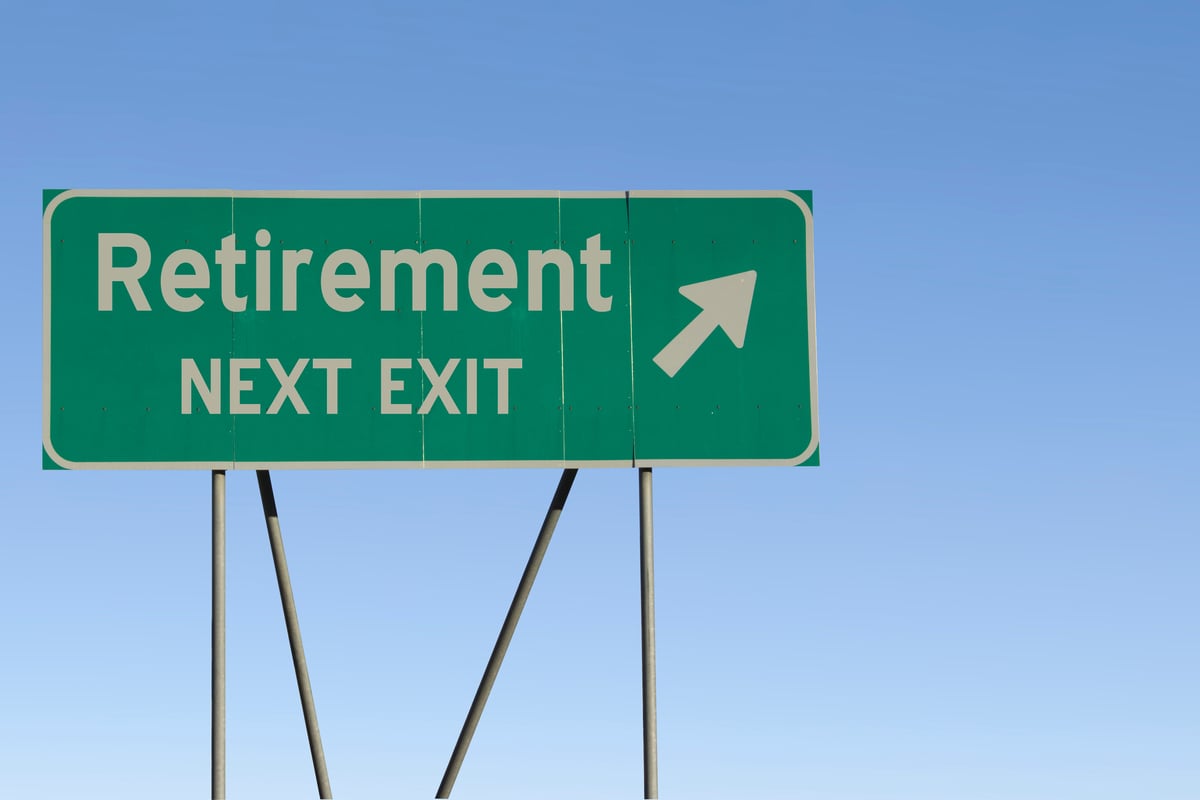When it comes to retirement, anyone can talk about all the fun activities they want to do, the trips they want to take, and how excited they are to finally spend all their time doing the things they love.
But saving for retirement is a different story. In fact, only 38% of investors say they have a written financial plan, according to a survey from Gallup, and a report from Northwestern Mutual also noted that 21% of Americans don't have any retirement savings at all.

Image source: Getty Images.
So it's no question that many Americans are behind on their retirement goals, but sometimes the hardest part is just getting started. The financial world is filled with jargon and confusing concepts that the average non-financial-minded person may not understand -- or, let's be honest, care to understand. But it's important to understand these things if you want to give yourself the best shot at retiring comfortably.
Ready to test your retirement knowledge and see how many of these terms and concepts you know? Let's get started.
Question: At what age can you start withdrawing from your 401(k) or IRA without facing penalties?
Answer: 59 1/2. If you withdraw funds from your 401(k), traditional IRA, or Roth IRA before you reach 59 1/2, you'll generally have to pay a 10% penalty. There are some exceptions to the penalty, though. For example, if you have a 401(k) and you leave your employer after age 55, you can withdraw from that 401(k) penalty-free. And if you have an IRA, you won't face a penalty if you withdraw funds to cover deductible medical expenses that exceed 7.5% of your adjusted gross income, or if you need money as a result of being totally and permanently disabled.
Question: At what age can you start claiming Social Security benefits?
Answer: 62. You can start claiming as early as 62, but the longer you wait, up until age 70, the more you'll receive each month. In theory, you'll receive the same amount in benefits over a lifetime. If you claim earlier, you'll just receive smaller checks but more of them, and if you wait a few years, you'll receive fewer, bigger checks.
Exactly how small or big those checks will be depends on your full retirement age -- the age at which you'll receive 100% of the benefits you're theoretically entitled to -- and the age you claim. If your full retirement age is, say, 67 and you claim at 62, your monthly benefits will be reduced by 30%. Wait until age 70 to claim, though, and you'll receive a 24% boost in benefits on top of your full amount.
Question: What is the 4% rule?
Answer: A guideline for how much you can withdraw from your retirement fund each year. In a nutshell, the 4% rule states that you can withdraw 4% of your savings during the first year of retirement. Then for each following year, you can withdraw that amount adjusted for inflation.
So if, for example, you have $700,000 in your retirement fund, you could withdraw 4% of that amount -- or $28,000 -- the first year. Then if you increase that figure by 3% to account for inflation, you'd withdraw roughly $28,840 the next year, $29,705 after that, and so on. The 4% rule does have its downsides -- for example, it assumes that your retirement has a relatively equal balance of stocks and bonds. If your portfolio is skewed one way or the other, it could affect how much you can withdraw each year. But it's a good guideline to give you a general idea of how much you can spend each year while limiting the risk of running out of money during retirement.
Question: Will Medicare cover all your healthcare-related expenses?
Answer: No. You'll generally still have to pay premiums, deductibles, copays, and coinsurance even if you have Medicare coverage. Also, while Medicare does cover most hospital visits and emergency care, it typically doesn't cover routine care (including dental work, eye exams for prescription glasses, and hearing tests and hearing aids). So if you need to have emergency dental surgery, for example, Medicare is likely to cover it. But for routine teeth cleanings or fillings, you're left with the bill.
One potential solution to fill this coverage gap is to enroll in a Medicare Advantage plan (sometimes called a Part C plan). Advantage plans are similar to the insurance you probably had through your employer, in that they're offered through third-party insurance companies. There are a wide variety of options to choose from, so costs will vary based on factors such as your location and healthcare needs.
So how did you do? You may have passed with flying colors (in which case, give yourself a pat on the back!) or you may realize you have more studying to do before you retire. Either way, these are all important concepts to understand so that you're going into retirement as prepared as possible.





